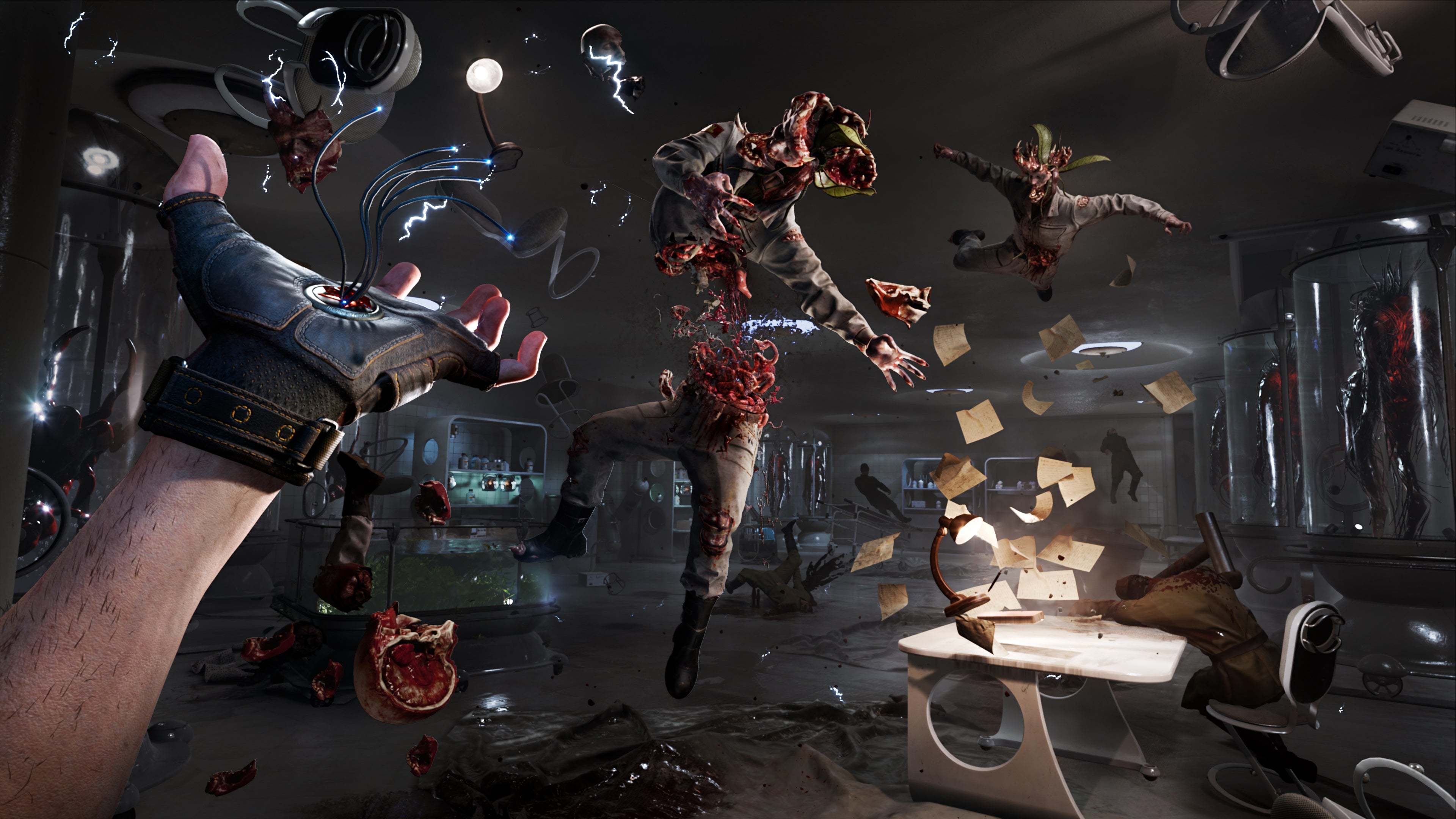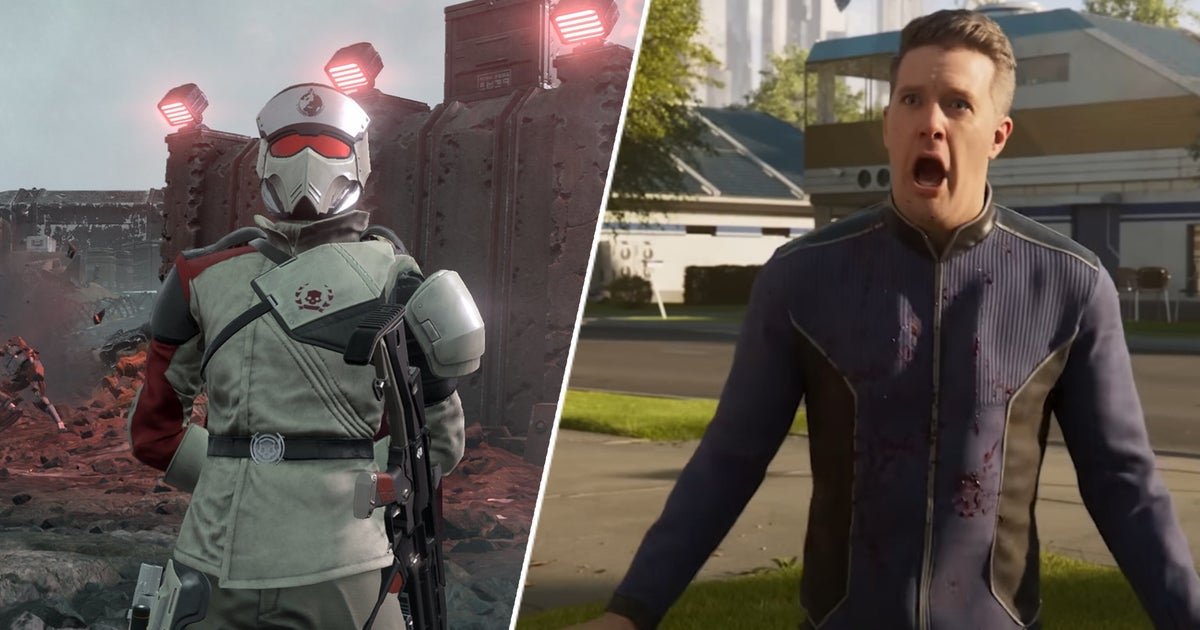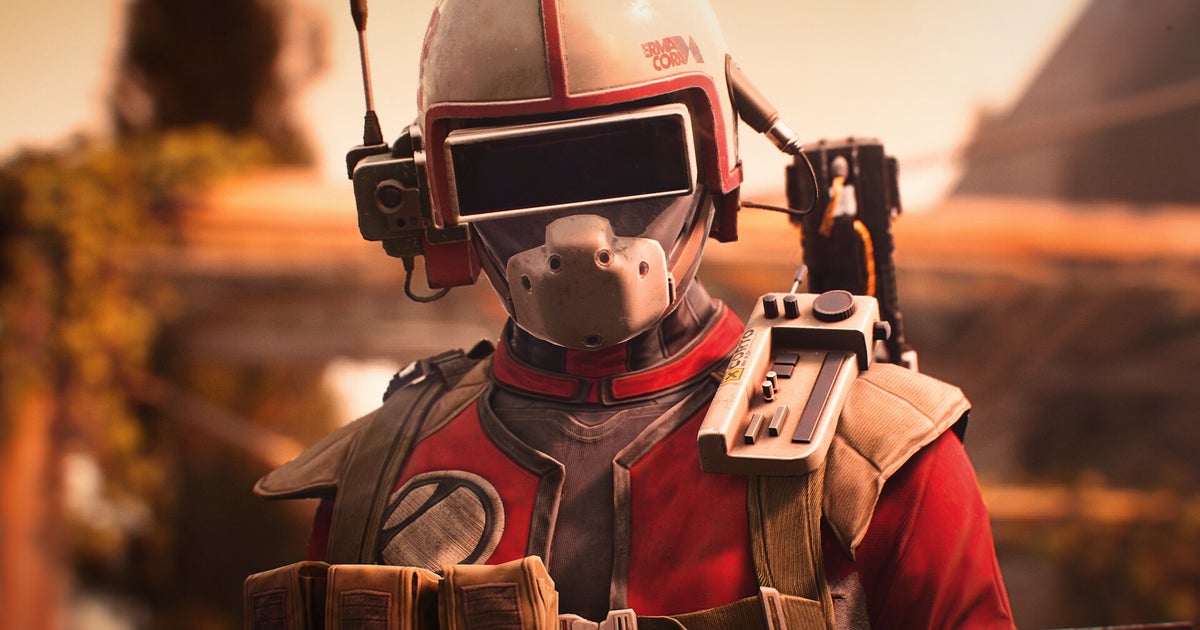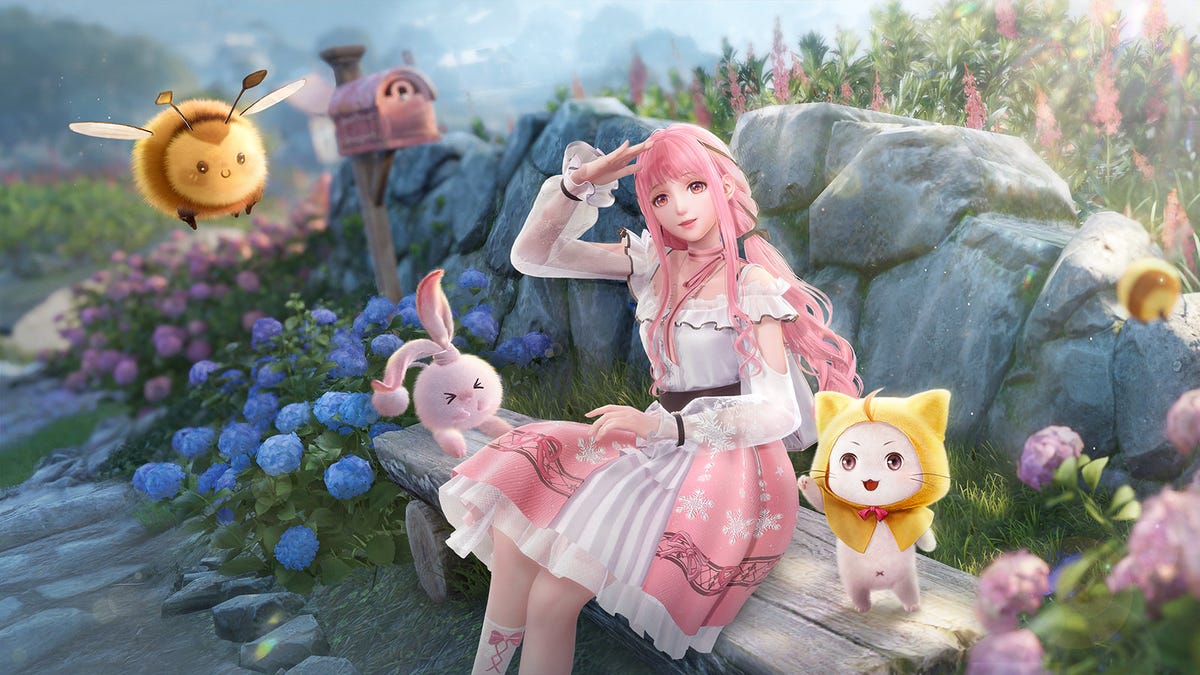What I’m saying might backfire, but I’ve always been a little skeptical about Atomic Heart. The trailers and gameplay shared by Studio Mundfish ahead of release made the game seem exceptional, and years of trailer disappointments have made me doubt such an opinion. But in any case, Atomic Heart is here and I’ve been diving deep into the world for the past few days to see how this long-awaited project is playing out in practice.
First off, let me say that Atomic Heart’s graphics and presentation live up to the trailers and more. The world is beautifully realized, beautifully sculpted, filled with characters, and it all unfolds with incredible fluidity, with silky-smooth frame rates and animations. The world of Atomic Heart, Facility 3826 is certainly one of the most creative I’ve come across to date, and although it’s very reminiscent of BioShock (especially the floating city of Columbia in BioShock Infinite, which is ironic), because it’s a game , which is based on communism while Columbia is about capitalism and the American dream), there’s no denying that the Mundfish team unleashed their creativity to create this stunning video game.
The first 30 minutes of Atomic Heart is also one of the best video game openings I’ve seen, with plenty of detail and color bringing this alternate Soviet Union world to life, although it’s worth noting that the opening clearly lacks action and Player Choice. The narrative is also interesting and is based on mystery and betrayal: you, the player, are tasked with putting the pieces together to find out why and how Installation 3826’s robotic population lost their minds and what kind of dark and horrific secrets the seemingly perfect are utopian society holds. It’s very BioShock without a doubt and I have absolutely no complaints about it as the world and story are excellent.
Advertising:
But this is where things go wrong in Atomic Heart in my eyes, because the macro of this game, the bigger and more influential parts are all very good, but the mic, the little details that relate to the actual gameplay tend to struggle . fight for example. The robots and enemies you have to face are brilliantly designed and downright scary at times. But fighting them is a chore because Atomic Heart is a pretty stiff game in practice. You can’t sprint, you’re not expected to fight every bot (although you can if you want to), and the gameplay has been designed to not be as smooth as other FPS. It all culminates in an experience where I avoid combat whenever I could because while the shooting mechanics are well designed and optimized, the movement and melee are far from it. It’s slow and frustrating, and it feels like you’re always fighting to turn the protagonist P-3 (aka Major Nechaev) into a more exciting, generic action hero. On the other hand, the dubbing of the Spanish version by Roberto Encinas makes the character fully win.
Add to that the fact that ammo is hard to come by, and even acquiring and upgrading new weapons is a pain, as Atomic Heart has an overwhelming resource system that’s overly complicated. You need to collect a lot of different resources to be able to upgrade P-3’s weapons and abilities, and looting is also overkill (you’ll walk into a room and find that you’ve looted all the drawers, desks, cabinets, chests, shelves, etc.) , to acquire a minimum of resources).
Advertising:
Despite everything, the world is amazing to behold and wander through, even if it doesn’t really beg to be explored. The closed world is designed in such a way that the player is supposed to follow the main stories and if he decides to explore other locations he will never find anything interesting. The game does its best to keep the tension up by using the collective Neural Network combat system, which sends robotic reinforcements anywhere on the map you cause trouble or are simply spotted by one of hundreds of intrusive cameras. But considering you’re never really looking for a fight, this reaction system feels a bit detached from what Atomic Heart really wants to be as a game.
And I’m saying that because it’s clear that Atomic Heart wants to be more like BioShock 1 and 2 than Infinite. However, the gameplay is basically built to be similar to what Infinite brought to the table, with plenty of combat options set in a flashy, if empty, world created simply as a platform to tell the story, and little more. All of this gives Atomic Heart a sense of emptiness to me, where on the one hand I can’t help but drool and celebrate the narrative and world design, but on the other I find it difficult to find entertainment and excitement when I’m immersed in it the gameplay.
I’d also like to add that there are some aspects that are truly awful, like P-3’s voice acting and the dialogue he shares with his talking glove. It’s shallow, boring, and always makes you breathe a sigh of disappointment when either of you says something incredibly stupid and stupid that’s reminiscent of Duke Nukem. Luckily, the gauntlet is at least useful as a tool and can be used for one of many abilities, including telekinesis and frost attacks, useful for interacting with the world and slowing down enemies, which you’ll have to admit and makes combat a bit more enjoyable – although by no means a complete solution.
It probably won’t surprise anyone to say that a game the size of Atomic Heart also has its fair share of bugs and clunky design solutions, because in my experience it does to levels designed in such a way that enemies pinch you against rough terrain and beat you to death without you being able to move or counter them, I’ve died many times through no fault of my own, and had to have as many, if not more, I return to the main menu to get the game running again.
Hopefully Mundfish can fix some of these issues before launch because there’s a lot to like about this game. The graphics are as next-gen as you can find, the world is wonderful, the audio and soundtrack are of the highest quality, and the narration is very interesting and engaging. If it weren’t so gross and overly complicated, Atomic Heart would probably be one of the best games of the year, so it’s a shame it’s let down by such a long list of minor but common issues.











